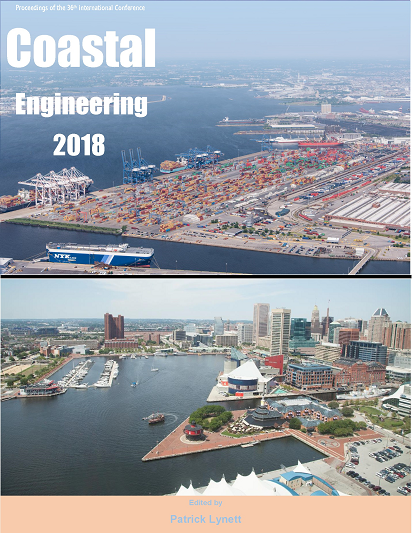Abstract
This study proposes a methodology to conduct probabilistic tsunami hazard assessments (PTHA) with consideration of uncertain earthquake characteristics. The methodology adopts a stochastic framework to model the earthquake slip and location as a random field and a random vector, respectively. The stochastic framework consists of three stages: (1) the definition of consistent probability properties for uncertain earthquake characteristics, (2) the generation of samples and (3) the uncertainty propagation. To complete each stage we follow the method recently proposed in Sepúlveda et al. (2017). We illustrate our PTHA methodology by assessing the tsunami hazard in Kao Hsiung and Hong Kong, with consideration of earthquakes in the Manila Trench.References
Grigoriu (2012). Stochastic systems: uncertainty quantification and propagation. Springer Science & Business Media. Gutenberg & Richter (1944). Frequency of earthquakes in California. Bulletin of the Seismological Society of America, 34(4), 185-188.
Sepúlveda, Liu, Grigoriu, & Pritchard (2017). Tsunami Hazard Assessments with Consideration of Uncertain Earthquake Slip Distribution and Location. JGR: Solid Earth.
Authors retain copyright and grant the Proceedings right of first publication with the work simultaneously licensed under a Creative Commons Attribution License that allows others to share the work with an acknowledgement of the work's authorship and initial publication in this Proceedings.

